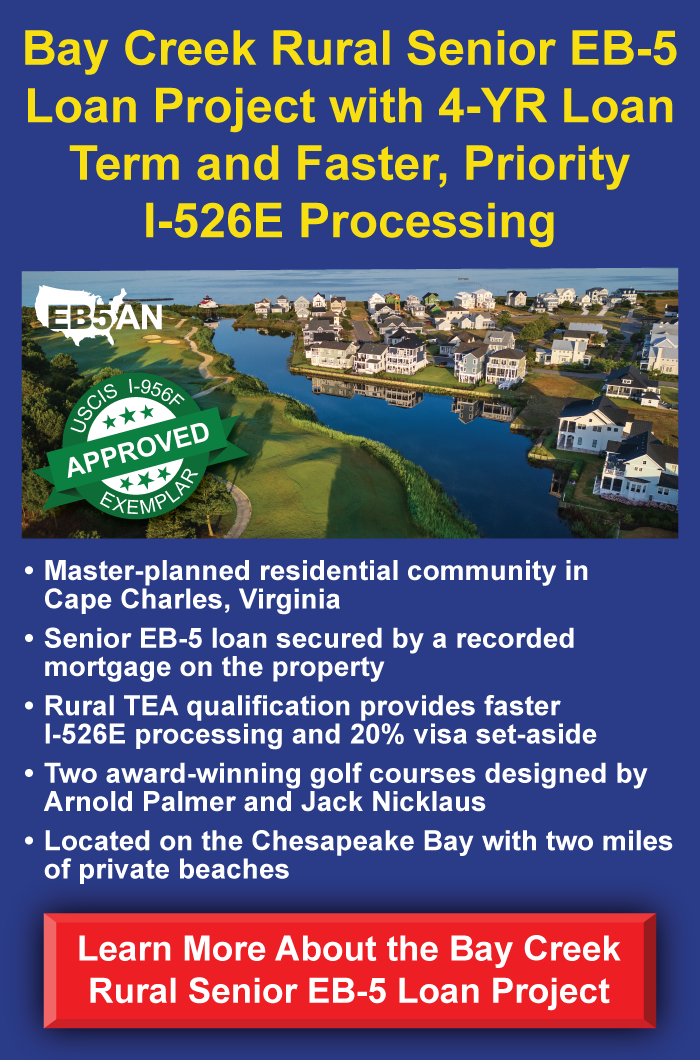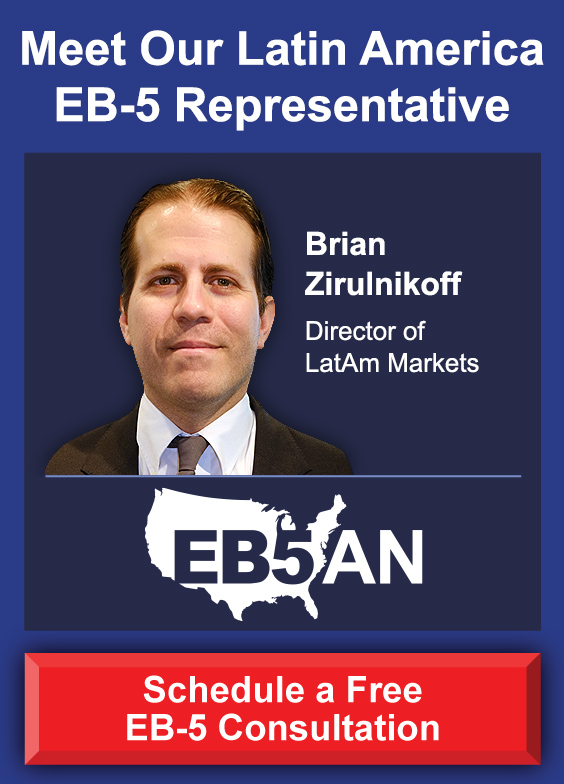Recent actions by the Securities and Exchange Commission (SEC) have highlighted the importance of investors and regional centers acquiring separate legal representation to protect all parties from significant risk. Because EB-5 investors often have limited command of English and rely on their attorneys to help them navigate the complex U.S. immigration system, they are especially vulnerable to misrepresentation or fraud. As such, the SEC has cracked down on actors within the program who are not in compliance with securities regulations. This includes attorneys and project teams. This article examines recent legal considerations pertaining to the EB-5 Program and discusses why separate representation is crucial to safeguarding investors and regional centers alike.
Dual Representation in an EB-5 Context
U.S. securities regulations prohibit misrepresentation on the part of securities issuers, including regional centers, in an effort to protect investors. When a regional center omits relevant information or indeed provides misinformation to an investor, the SEC has the power to issue civil penalties, bar professionals involved in the project from issuing securities in the future, and compel the center to repay all investments. A 2015 SEC complaint focusing on attorneys who had sold investments as unregistered brokers and who had misrepresented securities to investors by failing to disclose commissions from regional centers highlights the serious consequences that can result from conflicts of interest in the industry.
One attempt to mitigate the potential consequences of dual representation requires the investor to sign a waiver signifying that he or she understands the potential for a conflict in fiduciary duties. For example, if an attorney representing both parties were to become aware of misrepresentation on the part of the regional center, he or she would have to withdraw from representing both clients, who would then have to seek new counsel. However, as foreign investors may not be fully aware of the implications of signing such a waiver, and because antifraud protection cannot be waived, a waiver is not an ideal solution in the EB-5 context.
Even assuming no impropriety from either the investor or the regional center, difficulties arise with dual representation in an EB-5 context because the interests of investors and regional centers do not always align, as in the following situations:
- Before an investor enters into a relationship with a regional center, his or her attorney must conduct due diligence on the regional center and compare it with other potential centers so as to advise the investor on which option will facilitate his or her success in the EB-5 Program. In cases where the attorney is aware of negative factors that may affect an investment decision, disclosing those factors would breach the fiduciary duty to the regional center, whereas not disclosing them would breach the duty to the investor.
- While investors often prefer to keep funds in escrow pending adjudication of the I-526 petition, regional centers generally seek to secure funding for projects as soon as possible. In addition to the timing of fund release, the filing of I-526 and I-829 petitions can also be a point where interests misalign, as each petition carries implications for the project timeline and repayment of the investment funds. The attorney must work toward the best interests of each party, which clearly conflict in such cases.
- The majority of regional centers offer private placements, which are exempt from the requirement to register with the SEC as a result of allowances regarding the offering of securities outside the United States. Regional centers are therefore not always obliged to disclose financial information to the same degree as is generally required by the SEC, and this exposes investors to increased risk. An attorney dually representing both parties therefore has a conflict of interest: The best interest of the regional center is to refrain from disclosing information that may discourage the investor, whereas the best interest of the investor is to discover all factors affecting the investment decision.
- In cases where a legal conflict arises between the investor and the regional center as a result of mismanagement or misappropriation of funds, for example, an obvious conflict of interest exists for an attorney dually representing both parties. In fact, the American Bar Association (ABA) directly prohibits attorneys from representing both clients in such cases. The possibility for such a conflict may not be apparent at the outset of an investment arrangement, especially as investors have recently faced increased wait times for visa adjudication, meaning the relationship with the regional center may span several years. Investors and regional centers can therefore avoid impropriety by seeking separate council from the start so as to prevent the issue from arising.
The multiple interests at work within the EB-5 context make dual representation risky for investors, regional centers, and attorneys themselves. Additionally, increased SEC attention regarding the EB-5 Program is likely to encourage Congress to make disclosure of conflicts a priority in future legislation, which would potentially eliminate the possibility for dual representation altogether.
Consequences of Dual Representation
The ABA has published a set of guidelines to which U.S. attorneys should adhere, and these are especially relevant to immigrations attorneys in the context of the dual representation of investors and regional centers. Attorneys have an ethical duty to ensure they are working toward their clients’ best interests, and the ABA has prohibited attorneys from dually representing two clients when doing so adversely affects or materially limits the representation of either. While conflicts can be waived under certain circumstances, as mentioned above, this is most often done when the interests of both parties are closely aligned, which is not the case in the EB-5 context.
Dual representation creates the potential for significant legal consequences for all parties when a conflict of interest arises between an investor and a regional center. In cases where such a conflict is not covered by a dual representation waiver, the attorney must withdraw from representing both parties and may face monetary liability if either party is damaged by an inability to find new counsel. Additionally, if dual representation has been entered into improperly, such as in the case of attorneys failing to disclose their commissions, the attorney may face bar sanctions, malpractice suits, and other legal action depending on the nature of the conflict.
It is therefore in the best interests of all actors within the EB-5 Program to secure separate legal representation. For investors, a separate attorney will ensure the regional center discloses any information pertinent to the investment decision and will ensure the loan agreement provides for the investor’s interests regarding release and repayment of funds and the timing of I-526 and I-829 petitions. For regional centers, attorneys will accommodate the needs of the project in terms of attracting investors and ensuring funds are released appropriately to facilitate project completion. As outlined above, attorneys are also more ethically secure when all parties to an EB-5 agreement seek separate legal counsel.
Even the appearance of impropriety can affect an attorney’s reputation and cast into doubt the legitimacy of regional center projects, especially in light of recent SEC actions. Within the EB-5 context, engaging separate legal representation is thus the most responsible and ethically sound course of action.










